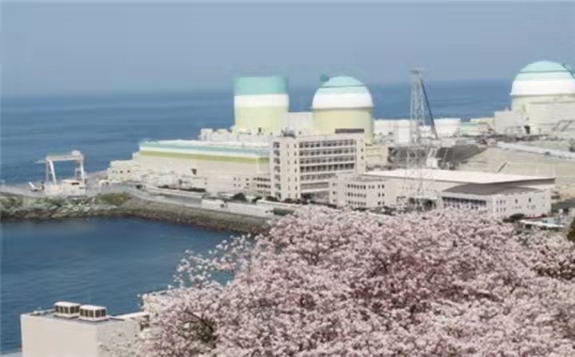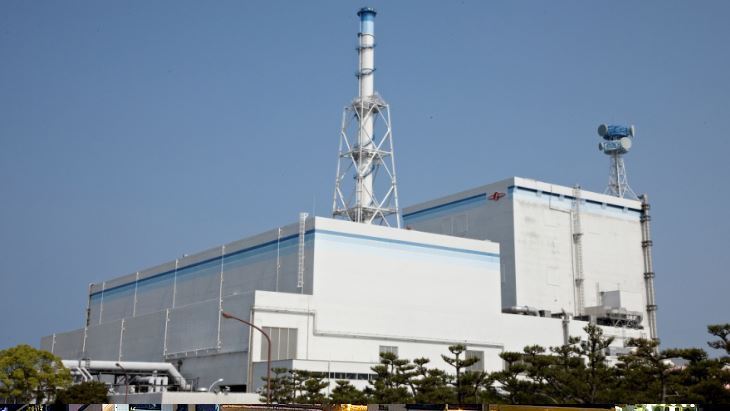The Hiroshima High Court today overturned a temporary injunction against the operation of unit 3 at Shikoku Electric Power Company's Ikata nuclear power plant in Japan's Ehime prefecture. Meanwhile, the Mito District Court has ordered a suspension of the operation of unit 2 at Japan Atomic Power Company's Tokai plant in Ibaraki prefecture.

Ikata 3 - a 846 MWe pressurised water reactor - received approval from the Nuclear Regulatory Authority (NRA) to resume operation in April 2016, having been idle since it was taken offline for a periodic inspection in April 2011. Shikoku declared the unit back in commercial operation on 7 September 2016. The reactor had an outage for maintenance and inspections since December 2019.
The Hiroshima High Court in December 2017 overruled a district court's decision to allow Ikata 3 to operate and ordered the suspension of its operation. However, the same court overruled the decision in September 2018 on appeal.
In a different case, three residents of nearby Yamaguchi Prefecture brought an action to the Iwakuni branch of the Yamaguchi District Court calling for operation of the unit to be suspended. They claimed the NRA's regulations were inadequate and raised safety concerns in the event that the Mount Aso volcano, some 130km away, should erupt. However, that court ruled on 15 March 2019 that Ikata 3 could continue operating after concluding the NRA's regulations were appropriate and that there was a low probability of the volcano erupting.
Two weeks later, the residents launched an appeal to the District Court's decision in the Hiroshima High Court. In January 2020, the High Court ruled in favour of the residents. Shikoku filed an appeal the following month.
The Hiroshima High Court has now overturned the second injunction, allowing the utility to restart the unit once an ongoing periodic inspection is completed later this year.
Shikoku President and CEO Keisuke Nagai said in a statement that the court's ruling came after the company had "carefully insisted and proved" to the court that the Ikata plant has sufficient safety against risks posed by earthquakes and volcanoes.
"This decision is based on our previous assertion that the safety of Ikata nuclear power plant unit 3 is ensured," Nagai said. "It was approved by the court and we believe that we have received a reasonable decision." He noted Ikata 3 is "a core power source that supports stable and inexpensive power supply".
Court order could keep Tokai 2 offline
In a civil lawsuit at the Mito District Court, residents of Ibaraki and surrounding prefectures called for Japan Atomic Power Company (JAPC) to suspend operation of unit 2 at its Tokai plant. They claimed safety measures at the facility were insufficient.

The court today ruled that, although there were no issues with the plant's countermeasures against tsunamis and earthquakes, too small an area surrounding the plant is covered by its evacuation plan and the plant poses a danger to people living in the wider area.
JAPC applied to the NRA in May 2014 to restart Tokai 2. The 1060 MWe boiling water reactor automatically shut down and lost external power during the 11 March 2011 earthquake that led to the accident at the Fukushima Daiichi plant. One of the unit's three emergency generators was damaged by a 5.4 meter tsunami, but the plant was still able to safely enter cold shutdown. The reactor has remained idle since then. The NRA approved the restart of Tokai 2 in September 2018 after concluding that safety measures submitted by JAPC passed revised safety standards.
The utility announced in April last year it had applied for pre-service inspections of the unit. These inspections are to confirm that the safety countermeasure equipment complies with the approved construction plan at the plant. JAPC was expecting to return Tokai 2 to commercial operation once these inspections are completed, expected by December 2022.